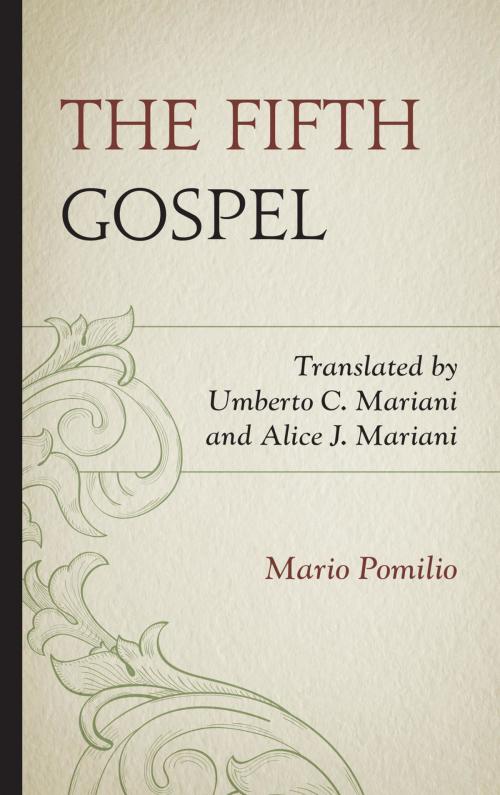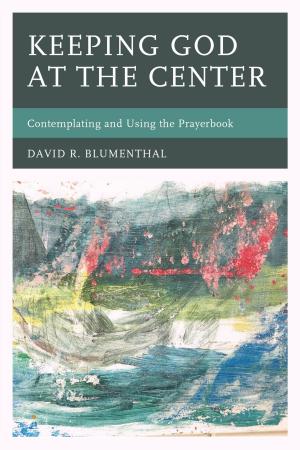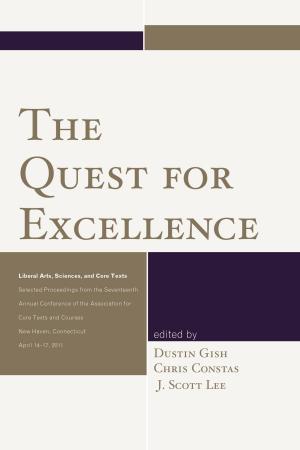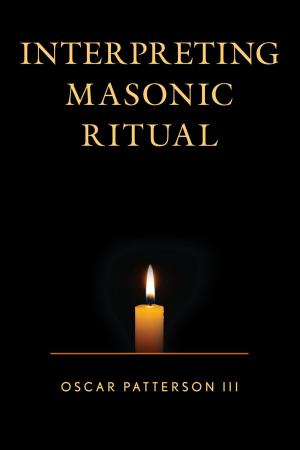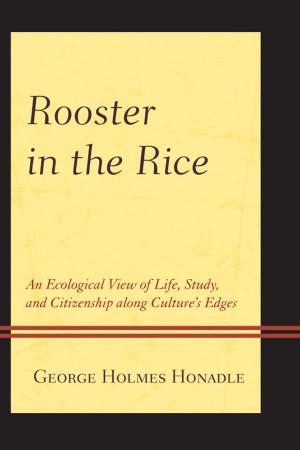The Fifth Gospel
Nonfiction, Religion & Spirituality, Christianity, Denominations, Catholic, Catholicism, Fiction & Literature, Religious, Historical| Author: | Mario Pomilio | ISBN: | 9780761863953 |
| Publisher: | Hamilton Books | Publication: | July 10, 2014 |
| Imprint: | Hamilton Books | Language: | English |
| Author: | Mario Pomilio |
| ISBN: | 9780761863953 |
| Publisher: | Hamilton Books |
| Publication: | July 10, 2014 |
| Imprint: | Hamilton Books |
| Language: | English |
Mario Pomilio was a novelist, editor, and literary critic, releasing 8 novels, a book of short stories, and various books of criticismover his career. The Fifth Gospel is Pomilio’s most important work; it marks the culmination of the complex thematic evolution of his work as a whole. Itwas originally published in Italy in 1975 and won the Napoli Prize and the Maria Cristina Prize. Umberto C. Mariani and Alice J. Mariani have translated it into English for the first time.
While for Mario Pomilio the essential condition of man in our time is markedly our solitude, our alienation, and our sense of having lost control of both the physical universe and of human history (even as science and technology assure us we are gaining it), The Fifth Gospel tells the story of a search for a message of hope and salvation that is presented as realizable. Although the search almost always ends tragically, it is constantly reborn; if its failure can be cause for alienation and despair, its constant revival throughout the centuries is a harbinger of hope.
Mario Pomilio was a novelist, editor, and literary critic, releasing 8 novels, a book of short stories, and various books of criticismover his career. The Fifth Gospel is Pomilio’s most important work; it marks the culmination of the complex thematic evolution of his work as a whole. Itwas originally published in Italy in 1975 and won the Napoli Prize and the Maria Cristina Prize. Umberto C. Mariani and Alice J. Mariani have translated it into English for the first time.
While for Mario Pomilio the essential condition of man in our time is markedly our solitude, our alienation, and our sense of having lost control of both the physical universe and of human history (even as science and technology assure us we are gaining it), The Fifth Gospel tells the story of a search for a message of hope and salvation that is presented as realizable. Although the search almost always ends tragically, it is constantly reborn; if its failure can be cause for alienation and despair, its constant revival throughout the centuries is a harbinger of hope.
